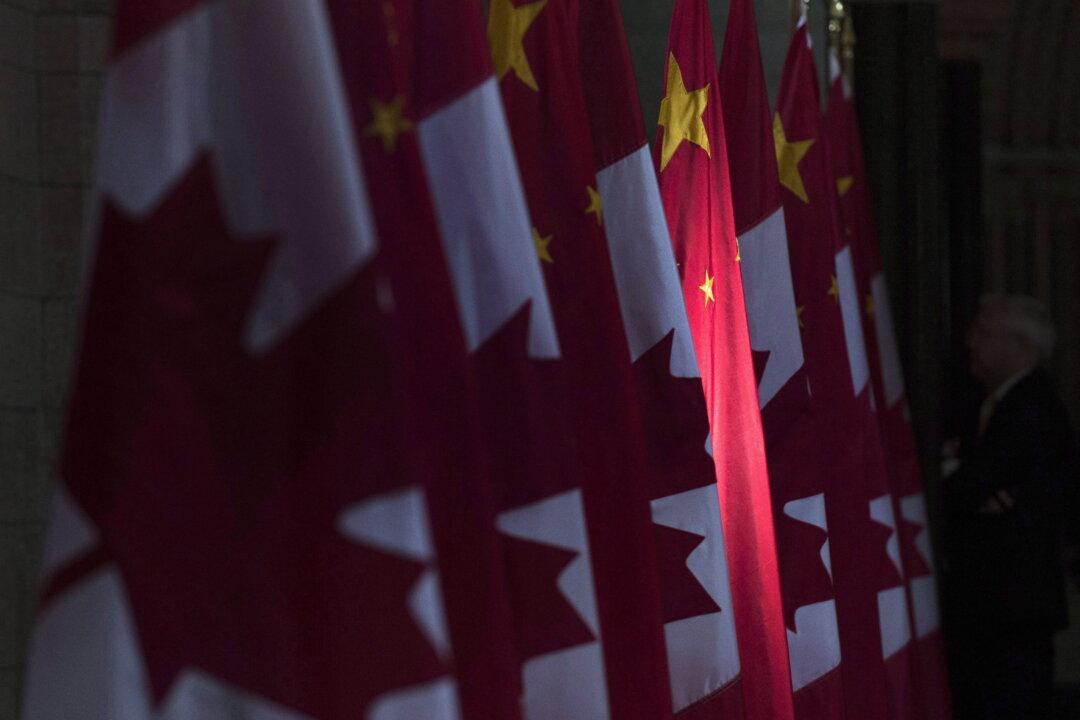A company owned by Chinese police in Beijing collects detailed personal information as part of the Canadian visa-application process, raising security concerns for travelers applying for a visa to Canada and other countries.
Beijing Shuangxiong Foreign Service Company, which operates the Canadian visa-application centre in China’s capital, is owned by the Beijing Municipal Public Security Bureau, according to a Globe and Mail report. With a number of the centre’s staff found to be members of the Chinese Communist Party (CCP), questions are raised about how private information is kept from the regime that is known for surveillance and security threats.





